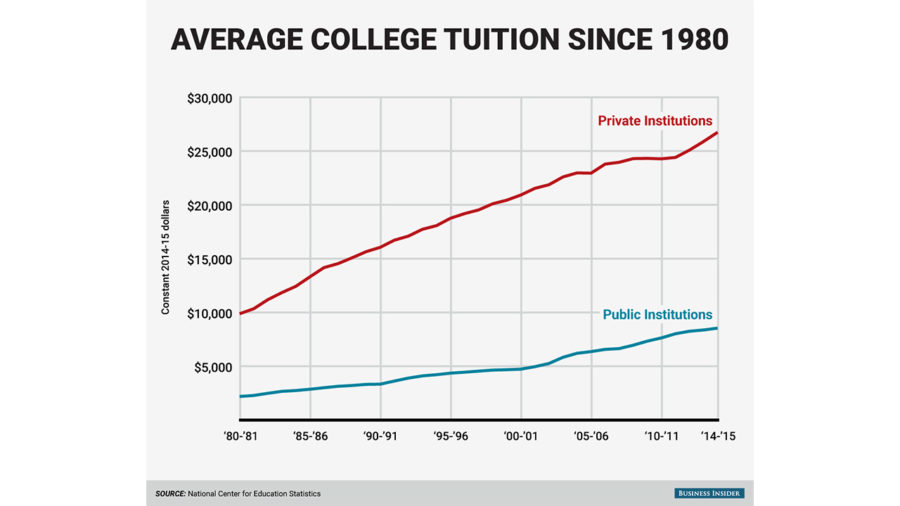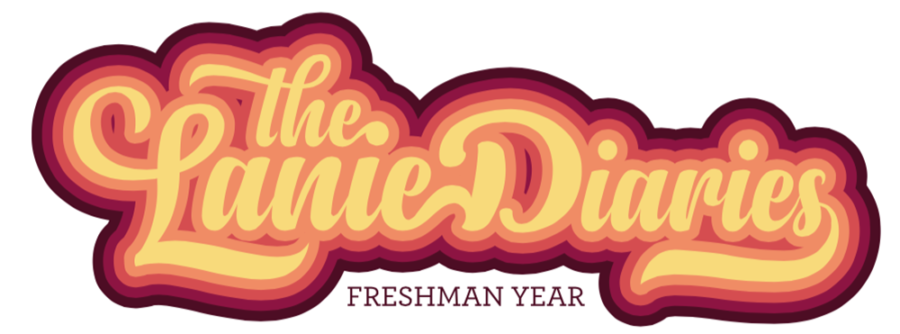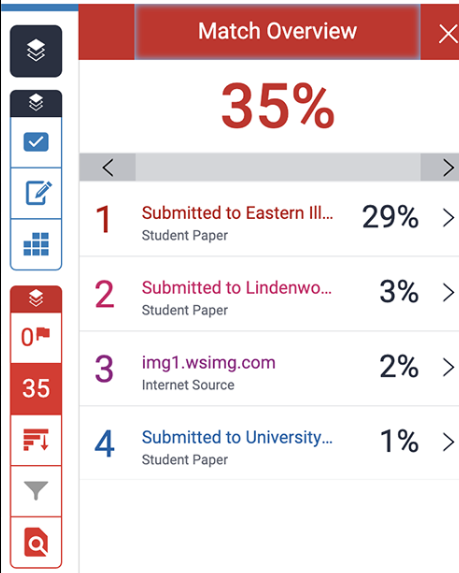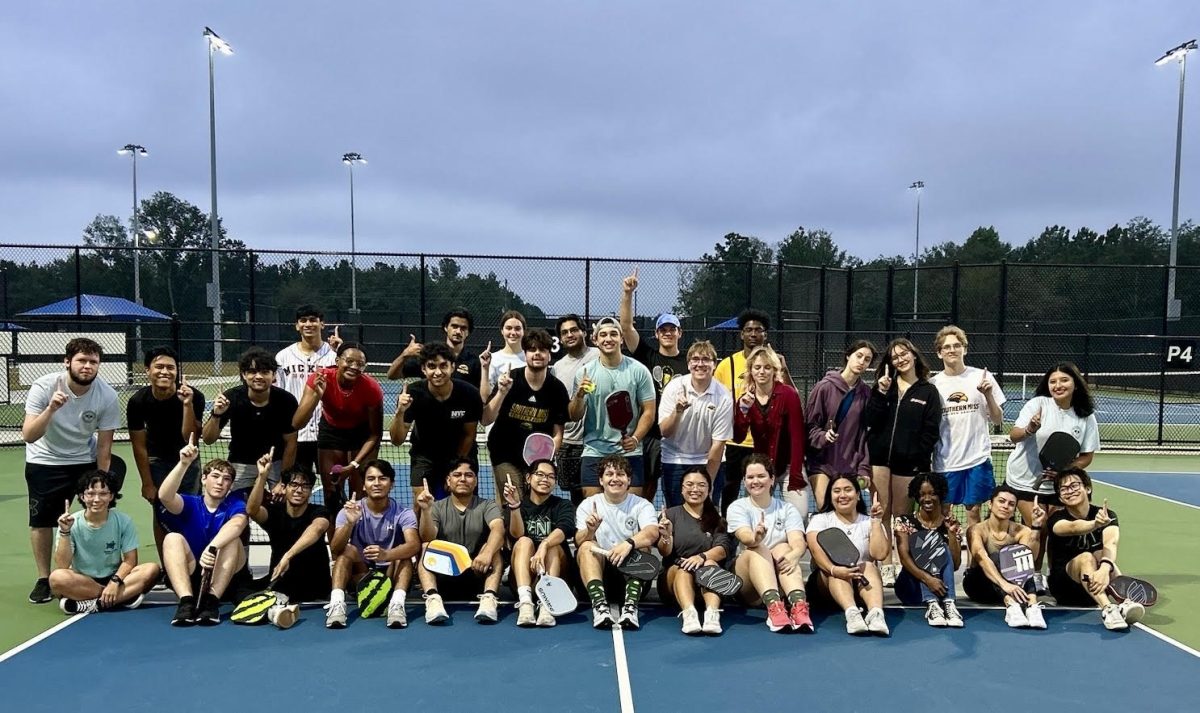Due to higher tuition and laws against stacking state grants, students and non-students are looking for external sources to receive money to pay for school or other life expenses.
“Many millennials are thinking, ‘Why go to a community college to get a technical degree, when I can go work at a company at Nissan and make $45,000 a year,” said Eric Platt, Assistant Professor for Higher Education. “Many people don’t want to be in massive debt. Our generation is feeling it harder than most. Millennials are extremely attuned to what they have in monetary value.”
The College Board in 2015 initiated plans to increase in-state tuition to over $7,000 for the first time in 2016 to 2017. The cost of community college continued to rise 7%.
U.S. Census states through the years of 2010-2014, Mississippi had a poverty rate of 22 percent compared to the United States average of 13.5 percent. Financially, unstable individuals who are unable to keep up with the cost of education or fear of student loan induced debt are gravitating away from education.
“High school definitely didn’t prepare me at all and I feel like it should. I dropped out of college in 2014, but now I’ve graduated from a trade school and working on getting a certificate in being a hairdresser,” said Kim Moore-Beatty, Hattiesburg resident, “It’s allowed me to use my creative outlets, opened up more opportunities in the field, and significantly cheaper education than a university.”
“I dropped out this semester with a year left. I have been to four different schools between community colleges and universities. I worked hard for way too long and was promised scholarships that I never received. I decided to drop out because I was sick of wasting time and money with nothing to show,” said Sarah Knock, previous University of Southern Mississippi student. “Now I work full-time in a field I wanted to work in after graduation.”
Despite rising costs, there have been proposals and programs on ways to keep students to and stay in school. Due to the cut of state grants, it is hard for students to have to ability to afford school and find it difficult to go forward with figuring out how to afford it.
“I am going to be working full-time this summer, and saving up what I can to pay the difference, as I’m losing 1,000 dollars that I’ve relied on to help me with my expenses for the last three years for the 2017-18 Academic Year.” Gary McDonald, Southern Miss anthropology major, said. “I’m nervous for the coming year, as I’ll have to work 30+ hours in addition to my studies, research, and extra-curricular involvement. I’m concerned that I won’t be able to give enough dedication to each.”
Mcdonald will be working as a Conference Assistant this Summer with the University. He will be attempting to earn my Pharmacy Technician License to apply for Technician jobs for the school year.
“Students don’t want to stay in line like they are in a DMV. People don’t want to come to the office only to be told that they don’t have to the correct paperwork. In some institutions, students are on their own and don’t have parent’s advice to help others and people aren’t going to stick around if someone is discouraging them,” Platt said.
Due to some kids not having the family to explain and guide them through financial aid, financial aid literacy is important for navigating paperwork and the Free Application for Student Aid. Since the cost of tuition is going up, people need financial aid. Financial aid can be difficult to comprehend and some students do not want to stick around.
“I went to extreme measures to get through to the financial aid office at the University of Southern Mississippi. Because of the frustration behind the process of financial aid paperwork, I began to get discouraged and gave up,” Ansley Moore-Beatty, said former University of Southern Mississippi student.
Millennials, with or without a college degree, are terrified throughout the country on job acquisition, specifically careers. Health benefits, salary and weekends off, are the grand trio to millennials. Most people’s lives growing up consists of being surrounding by people with careers and other grown up things and these people are viewed as ‘adults’. Millennials began to reach an age approaching ‘adulthood’ and the panic takes suit.
“I fear failure because it was what we were taught. If we didn’t succeed at everything then we were going to be nothing,” said Paige Pritchard, student and Illustrator at Dime Entertainment Magazine. “I fight that feeling of failure by embracing it and keeping on.”
On college campuses, there are services provided for students to reach out and ask questions to avoid fear. The Career Services office at Southern Miss prepares students for entry-level jobs and how to obtain them. Career Services offers the program JOBS FOR EAGLES, Career Fairs, Teacher Job Fairs, on-campus interviews and internships.
“The vast majority of students have fear about life beyond graduation- that’s normal- it’s how you use your fear that will determine whether you will fail or succeed,” said Tonya Williams, the Marketing Specialist for Career Services. “Are you letting fear cripple you and stop you in your tracks? Or are you using fear to fuel your strides towards success?”
At Southern Miss, the Career Services offers services starting freshman year. The office offers help exploring what to major in. For seniors in college, there is help with résumés, cover letters, mock interviews, employer research, networking, etiquette at a meal, etc.
“We have a lot of students that think a degree is enough to succeed and get a job following graduation. That couldn’t be further from the truth. It’s all about the who and the experience you have,” Williams said. “Every employer that I’ve talked to wants a student that has some experience in their field before hiring them. They also look for good communication skills and a strong work ethic. And these are the employers recruiting right here on campus.”
“My husband and I graduated in 2014 from USM. We both accepted jobs in our field of study before we even graduated. He started as a graphic designer with a firm in Jackson. He has now moved on to a different firm and is an Art Director.” Kristy Byrd, Jackson Resident said, “And I started as a part-time Associate Producer at a news station. I worked my way up to the morning show full-time producer. My husband was a graphic design major; I was a broadcast journalism major.”
On websites, such as Indeed.com or linkedin.com, it is possible to search for different kinds of positions from internships to entry-level part time and full time jobs.
“Graduated 2015, got my job in my chosen field 2017. I moved cross country to a graphic design internship in New York City that I landed through a completely random person I met at a bar in my hometown.” Erin Curley, Southern Miss alumni said, “I got my career job this February and my boss is a USM alumni.”
Eric Platt, Associate Professor at the University of Southern Mississippi, discussed his fears in getting a job. Alongside most people and students, Platt wanted to get a job “helping” people and still enjoy his career. He struggled to find a permanent path and finally decided into a path into the career and degree of Higher Education.
There is no single path to finding your personal, life-long careers and the journey to self-discovery can be fraught with fears of failure. But, when we realize that we can combine various aspects of ourselves to do something we enjoy, that is when we discover the most rewarding jobs, Platt said.
“Talk to professors and successful persons in your community, ask them how they made it through college, navigated the job selection process, and came to be where they are now. Don’t be afraid to ask questions,” said Platt.
“Finding answers and insights from those who have experienced what you are going through will help you realize you aren’t alone and that you have a bright future ahead of you.”
One of the main issues that millennials face in getting a career is where to start looking for a job. There are many resources available: mass hiring websites like Monster and Indeed, employment agencies, craigslist, or student employment centers. However, the steps before looking for a job are the most important.
“How long does an employer look at résumé before moving on to the next? 10 seconds. That’s it. So, your résumé needs to stand out to be put in the keep pile,” Williams said. “How long does it take an employer to decide if you’re the right fit in an interview? Most say within the first 3 minutes. So, first impressions really count.”
Hub City Employment, locally-owned agency located on the intersection of 25th Avenue and Pearl Street, is a tool for college students and non-students in Hattiesburg. Lisa and Johnny Fokakis work together to provide employment opportunities for people of all ages in Hattiesburg. The agency has helped millennials in and out of college for 20 years. Hub City also offers interview tips, resume help, and networking skills. Unlike many agencies, the interview requires personally coming into office to fill out the application.
Hub City focuses on clerical, sales, marketing, management and more. The agency processing’s starts with putting in an application for information on qualifications, coming in to do an interview with Lisa and Johnny and going over your resume. The agency sits down and goes over what you are looking for. Companies put in request for the agencies recent college graduates for entry-level employees to train.
“Make sure to greet the interview, ask for the job in your own words, sent a thank you card and assert yourself,” Lisa said. “For a job interview you want to put your best foot forward, so even tiny things like a cell phone being on silent is important.”
Without a college degree, resources may be limited, but there are opportunities in these agencies for millennials. From trade school to freelance work, it is possible to work on your pathway without a formal education. With the price of education going up, more millennials are turning to self-made business ventures and opportunities.
“I dropped out of college four times before eventually opening a business,” said Caleb Rowe, owner of Big Sleepy’s in Jackson, MS. “I got a full-time job with health insurance and a living wage without a degree.”
Online is going to be one of the best sources to get out of the fear of careers. Find jobs you want to do and perfect your resume. The pathway to careers can be less stressful with the help of the resources around you.
For more information to students, the Career Center scheduling for an appointment is easy- simply go online or call. www.usm.edu/career-services or 601-266-4153 or their office is in McLemore Hall on the first floor.
For more information to non-students, contact 601-545-8888 or visit Hub City Employment on the intersection of Pearl Street and 25th Avenue.




































